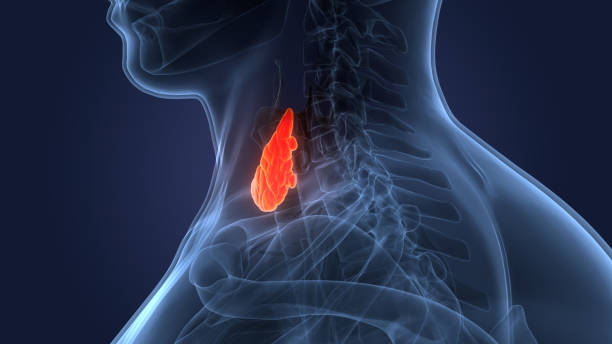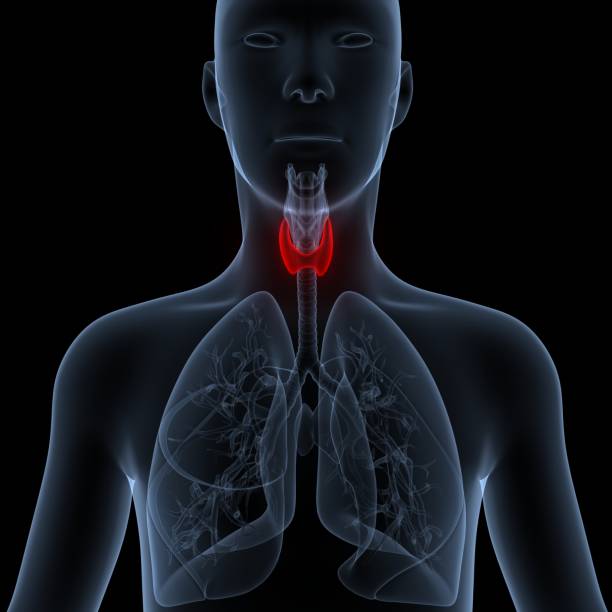Hashimoto’s Thyroiditis, also known as chronic lymphocytic thyroiditis, is an autoimmune disorder that affects the thyroid gland. The thyroid gland is responsible for producing hormones that regulate metabolism, heart rate, and other functions in the body. When the immune system attacks the thyroid gland, it causes inflammation and destruction of the gland, leading to a decrease in the production of thyroid hormones, resulting in hypothyroidism.
Diagnosis is based on physical examination, blood tests, and medical history. Blood tests can detect elevated levels of antibodies that attack the thyroid gland, as well as low levels of thyroid hormones.
Symptoms of Hashimoto’s Thyroiditis
Fatigue: The most common symptom of Hashimoto’s is fatigue, which can be severe and can last for a long time.
Weight gain: People with Hashimoto’s often gain weight despite a healthy diet and regular exercise.
Cold intolerance: People with Hashimoto’s feel cold easily and have a decreased tolerance for cold temperatures.
Dry skin: Dry skin is a common symptom of Hashimoto’s, and can be accompanied by dry hair and nails.
Constipation: Hashimoto’s can cause slow digestion, leading to constipation.
Depression: People with Hashimoto’s often experience depression, which can be related to low levels of thyroid hormones.
Joint and muscle pain: Hashimoto’s can cause joint and muscle pain, which can be severe and last for a long time.
Brain fog: People with Hashimoto’s often experience brain fog, which can affect their ability to concentrate and remember things.
Treatment for Hashimoto’s Thyroiditis
The most common treatment for Hashimoto’s is hormone replacement therapy, which replaces the hormones that the thyroid gland is not producing enough of. The hormone replacement therapy typically involves taking a daily dose of synthetic thyroid hormone, called levothyroxine. The dose of levothyroxine needs to be adjusted regularly to ensure that the patient is receiving the appropriate amount of hormone.
Other treatments for Hashimoto’s include dietary changes, supplements, and stress management. A gluten-free diet can be beneficial for some people with Hashimoto’s, as gluten has been linked to autoimmune disorders. Taking selenium and vitamin D supplements has also been shown to improve symptoms in some people with Hashimoto’s.
Stress management is also important for people with Hashimoto’s, as stress can worsen symptoms and trigger autoimmune reactions. Stress management techniques, such as mindfulness, meditation, and yoga, can help to reduce stress and improve symptoms.
In conclusion, Hashimoto’s Thyroiditis is an autoimmune disorder that affects the thyroid gland and leads to hypothyroidism. The symptoms of Hashimoto’s include fatigue, weight gain, cold intolerance, dry skin, constipation, depression, joint and muscle pain, and brain fog. The most common treatment for Hashimoto’s is hormone replacement therapy, but dietary changes, supplements, and stress management can also be beneficial. It is important to work closely with a healthcare provider to develop an individualized treatment plan that addresses the specific symptoms and needs of each person with Hashimoto’s.

 Home
Home Health
Health Diet & Nutrition
Diet & Nutrition Living Well
Living Well More
More












